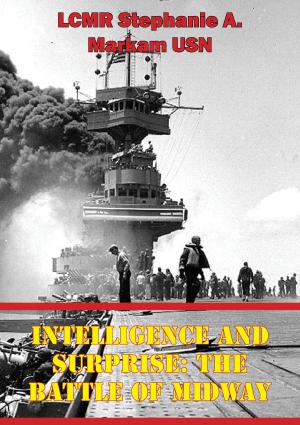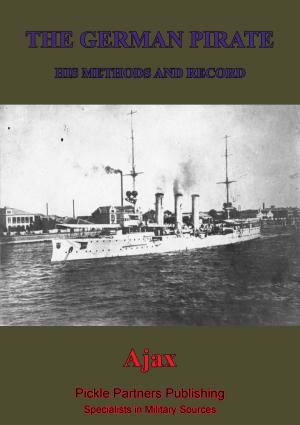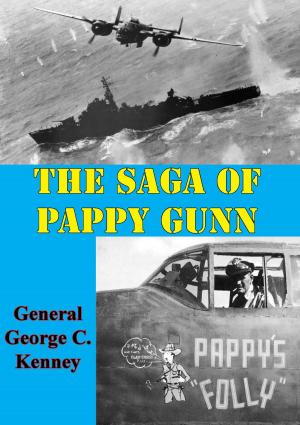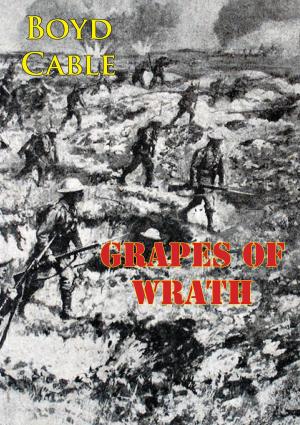Bicycle Blitzkrieg: The Malayan Campaign And The Fall Of Singapore
Nonfiction, History, Germany, European General, Military, United States| Author: | LCDR Alan C. Headrick | ISBN: | 9781782897309 |
| Publisher: | Verdun Press | Publication: | August 15, 2014 |
| Imprint: | Verdun Press | Language: | English |
| Author: | LCDR Alan C. Headrick |
| ISBN: | 9781782897309 |
| Publisher: | Verdun Press |
| Publication: | August 15, 2014 |
| Imprint: | Verdun Press |
| Language: | English |
Japan's December 1941-February 1942 invasion of Malaya and culminating conquest of Singapore is analyzed from an operational perspective. Although overshadowed by better known Pacific Theater actions in World War II, the campaign was Japan's most successful example of joint warfare and replete with lessons for the modern operational commander. Approached from the level of the commander and staff, the background and decision making processes are reviewed, with applicable areas identified for today's leaders. The need for aggressive leadership, accurate intelligence, flexible application of power, adjustment of force based on environmental conditions, and the value of logistics are the major lessons from the Japanese victory. Poor leadership and futility of trying to defend too much are among those lessons from the defeated British.
Japan's December 1941-February 1942 invasion of Malaya and culminating conquest of Singapore is analyzed from an operational perspective. Although overshadowed by better known Pacific Theater actions in World War II, the campaign was Japan's most successful example of joint warfare and replete with lessons for the modern operational commander. Approached from the level of the commander and staff, the background and decision making processes are reviewed, with applicable areas identified for today's leaders. The need for aggressive leadership, accurate intelligence, flexible application of power, adjustment of force based on environmental conditions, and the value of logistics are the major lessons from the Japanese victory. Poor leadership and futility of trying to defend too much are among those lessons from the defeated British.

![Cover of the book Marines In World War II - The Marshalls: Increasing The Tempo [Illustrated Edition] by LCDR Alan C. Headrick](https://www.kuoky.com/images/2014/august/300x300/9781782892816-YiLl_300x.jpg)




![Cover of the book T. E. Lawrence: Theorist And Campaign Planner [Illustrated Edition] by LCDR Alan C. Headrick](https://www.kuoky.com/images/2014/august/300x300/9781782894308-l8rb_300x.jpg)





![Cover of the book The History Of The South African Forces In France [Illustrated Edition] by LCDR Alan C. Headrick](https://www.kuoky.com/images/2014/august/300x300/9781782893769-uUbA_300x.jpg)
![Cover of the book Helmet For My Pillow [Illustrated Edition] by LCDR Alan C. Headrick](https://www.kuoky.com/images/2015/november/300x300/9781786252036-cMF2_300x.jpg)

![Cover of the book A War of Their Own: Bombers Over the Southwest Pacific [Illustrated Edition] by LCDR Alan C. Headrick](https://www.kuoky.com/images/2014/august/300x300/9781782899266-HdAC_300x.jpg)